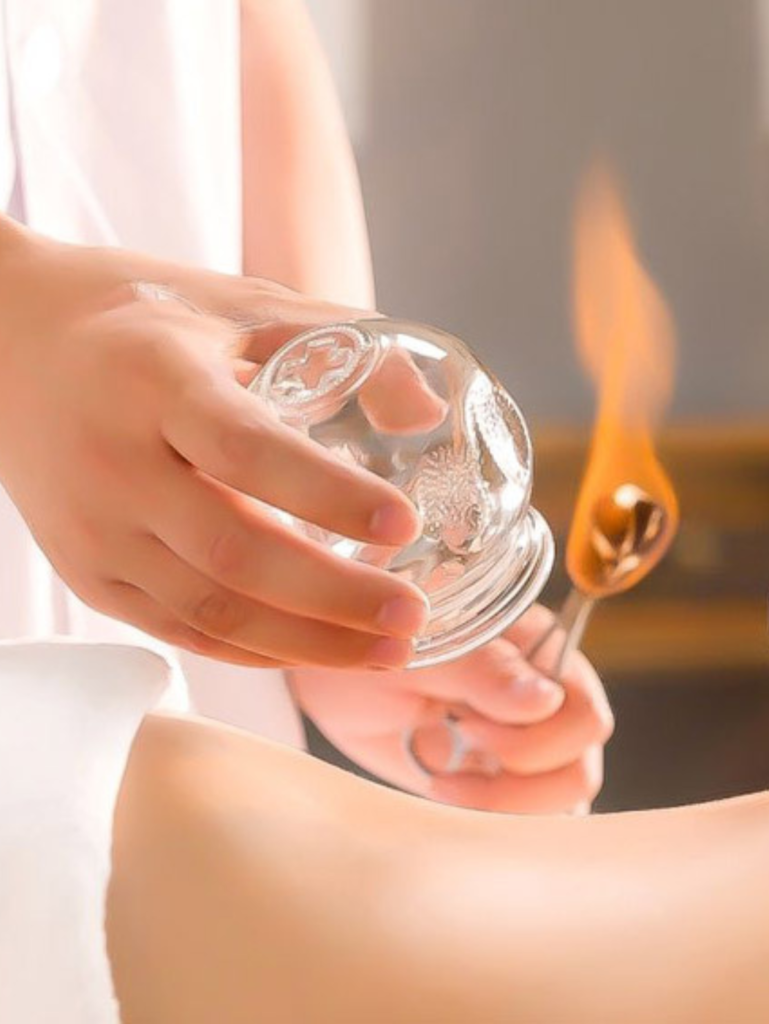For thousands of years, acupuncture has been a cornerstone of traditional Chinese medicine. This technique, based on the insertion of fine needles into specific points on the body, aims to rebalance vital energy, also known as “Qi”. Although it was initially viewed with skepticism in some parts of the Western world, today acupuncture is recognized globally for its many physical and mental health benefits. In this article, we will explore in depth the benefits of acupuncture, a therapy that continues to evolve and offer relief to millions of people around the world.
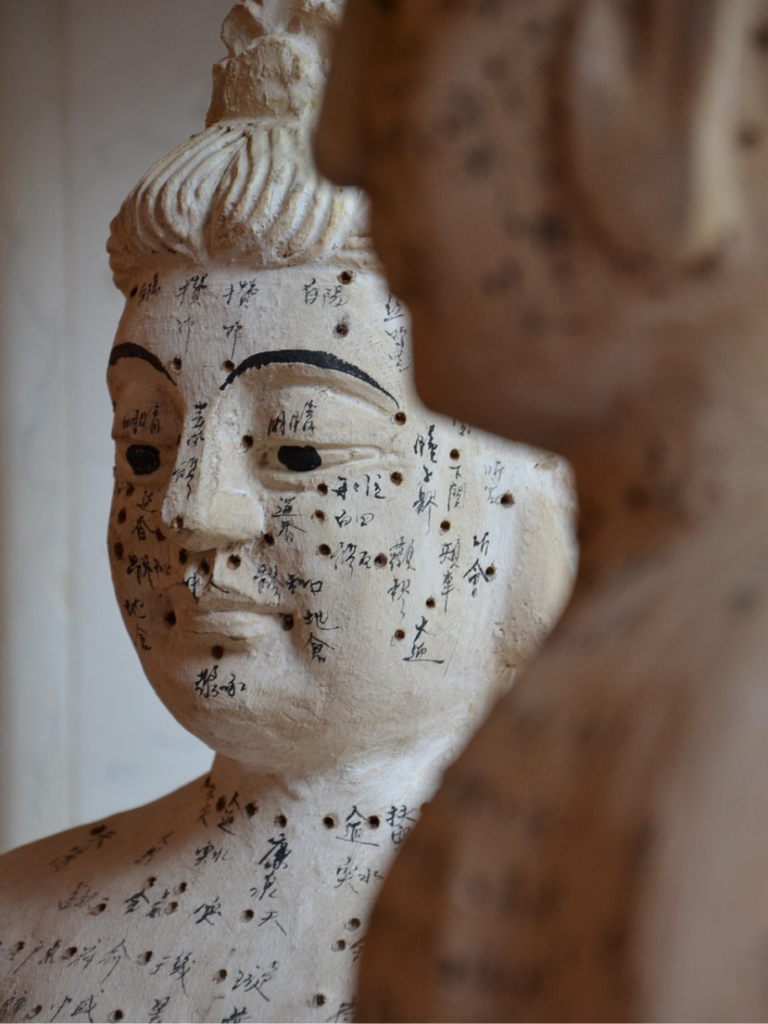
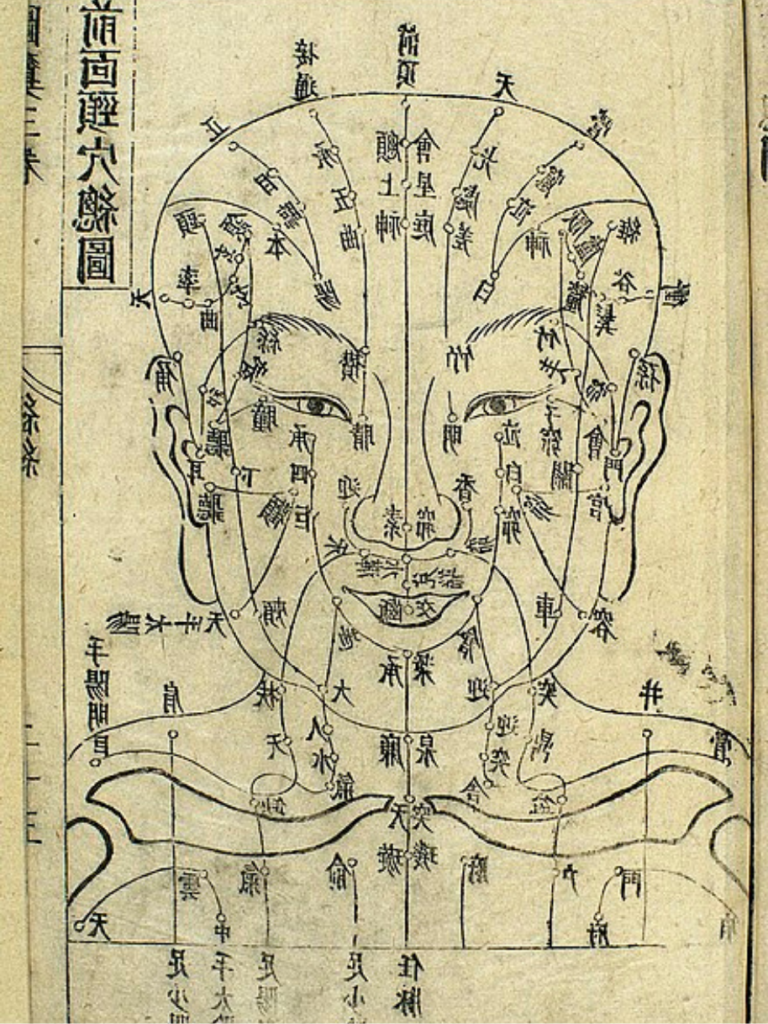
History and Origin of Acupuncture
Acupuncture has its roots in ancient China, with records of its practice dating back more than 2,500 years. According to the philosophy of traditional Chinese medicine (TCM), the human body is filled with vital energy that flows through channels known as meridians. When this flow is blocked or becomes unbalanced, it can manifest itself in the form of pain or disease. Needles, inserted into specific points on the body, have the ability to unblock and redirect this energy flow.
This therapy was introduced in the West in the 17th century, although it was not until the 20th century that it began to gain popularity among physicians and patients alike. Today, acupuncture is recommended by recognized health organizations, such as the World Health Organization (WHO). World Health Organization (WHO)for the treatment of a variety of ailments.
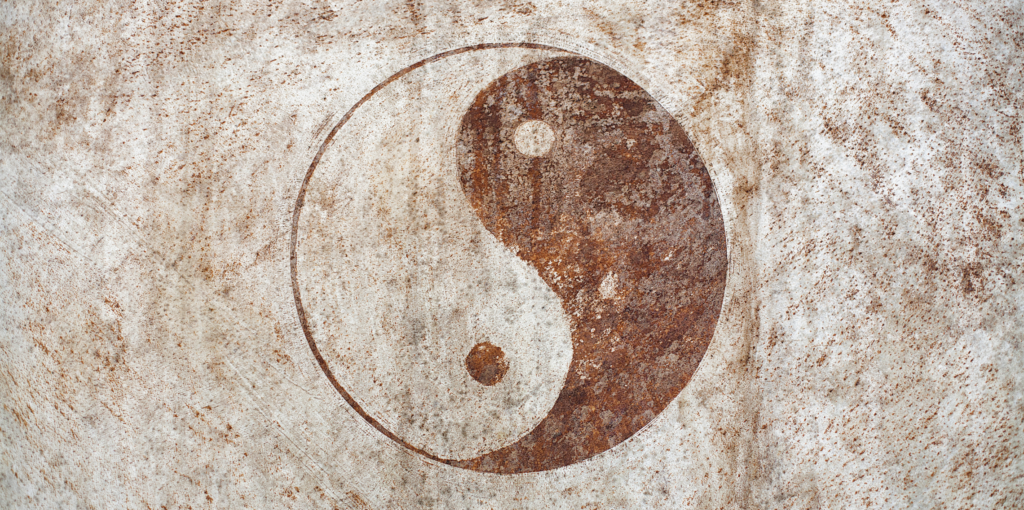
The Principle of Energetic Balance
The fundamental principle of acupuncture is based on the balance of opposing energies: Yin and Yang. When these two forces are in harmony, the body functions optimally, but when they are out of balance, illness or discomfort can arise. Acupuncture points, located along the meridians, are stimulated to correct this imbalance, restoring health and well-being. Through this process, pain can be relieved, nervous system function improved and symptoms of many chronic diseases reduced.How does Acupuncture Work in the Body?
Modern science has begun to decipher the mechanisms by which acupuncture produces its effects. When a needle is inserted into an acupuncture point, peripheral nerves are stimulated, which can trigger the release of chemicals in the brain and central nervous system. These substances, such as endorphins and serotonin, help reduce pain and improve mood.
In addition, it has been shown that acupuncture can regulate the immune system, decrease inflammation and promote cell regeneration. For these reasons, acupuncture is used not only for pain relief, but also to treat chronic conditions such as arthritis, asthma, depression and sleep disorders.
Benefits of Acupuncture for Stress and Anxiety
One of the most appreciated benefits of acupuncture is its ability to reduce stress and anxiety. In modern society, where the fast pace of daily life can trigger high levels of stress, acupuncture offers a natural and effective approach to calming the mind and body. By stimulating certain points, such as the well-known “Yintang” point (located between the eyebrows), a sense of deep relaxation can be promoted. Acupuncture works by balancing the brain’s neurotransmitters and decreasing levels of the stress hormone cortisol. This not only improves emotional well-being, but also helps people to better manage stressful situations and prevent the negative effects stress can have on the body in the long term.Chronic Pain Relief with Acupuncture
Chronic pain is one of the most common reasons people seek acupuncture treatments. From back pain to migraines to arthritis, acupuncture has been shown to be effective in managing pain without the side effects associated with traditional medications. In fact, several studies have confirmed that acupuncture can be as effective as painkillers, without the risks of addiction or dependence.
Acupuncture not only relieves pain momentarily, but also treats the underlying cause of the pain, allowing for a longer lasting recovery. In addition, it improves blood circulation to the affected areas, which accelerates the body’s natural healing process.
Acupuncture and Sleep: Improving Rest Quality
Having trouble falling asleep or staying asleep? Acupuncture could be the solution. Sleep disturbances are common in modern society and are often related to stress, anxiety and hormonal imbalances. Acupuncture works by regulating these factors, helping people regain restful sleep.
Some studies suggest that acupuncture can increase the production of melatonin, a key hormone in regulating the sleep cycle. In addition, it enhances relaxation and reduces anxiety, facilitating the body to enter a deep, rejuvenating state of rest.
Strengthening of the Immune System
Another important benefit of acupuncture is its ability to strengthen the immune system. When “Qi” is flowing properly, the body is better equipped to fight infection and disease. Acupuncture stimulates the production of key immune cells, such as lymphocytes, and helps reduce chronic inflammation, which is a risk factor for many serious diseases.
People who receive regular acupuncture treatments tend to report fewer colds and flu, as well as faster recovery when they do get sick. In a world where prevention is increasingly important, acupuncture presents itself as an attractive option for maintaining robust health.
Improving Digestive Health with Acupuncture
Digestive problems, such as irritable bowel syndrome, heartburn and constipation, can also be effectively treated with acupuncture. This technique helps regulate digestive function, promoting organ balance and improving blood flow in the gastrointestinal tract. Through stimulation of specific points, inflammation can be reduced and bowel function improved, resulting in better absorption of nutrients and a reduced likelihood of digestive discomfort.
Acupuncture for Hormonal Balance
Hormonal balance is critical to overall well-being, and acupuncture can play an important role in regulating hormones in the body. This technique is particularly useful for women suffering from hormonal imbalances related to the menstrual cycle, menopause or fertility issues. Acupuncture helps balance estrogen and progesterone levels, improving reproductive health and relieving symptoms such as hot flashes, mood swings and menstrual cramps.
Acupuncture for Physical and Energetic Enhancement
Acupuncture is also an excellent option for those seeking to improve their physical and energetic performance. Athletes, in particular, can benefit from this therapy to speed muscle recovery, increase endurance and reduce the risk of injury. Acupuncture helps release muscle tension, improve circulation and promote greater tissue oxygenation, which translates into improved physical capacity and faster recovery after intense workouts.
Acupuncture and Fertility: Conception Support
In recent years, there has been a growing interest in the use of acupuncture as a support for improving fertility in both men and women. Acupuncture can improve sperm quality, regulate menstrual cycles and increase the likelihood of conception naturally or with the help of assisted fertilization treatments. By balancing hormones and reducing stress, acupuncture offers a holistic approach for those seeking to expand their family.
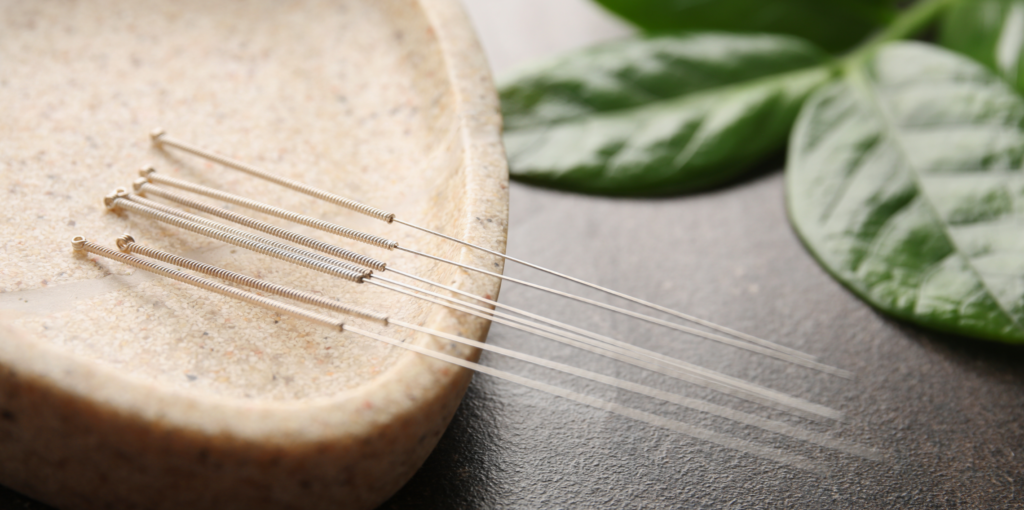
At Spa Natural Center, your holistic wellness is our priority. Whether you are looking to relieve pain, reduce stress or improve your health, we invite you to discover our Acupuncture services, designed to restore your balance in a personalized way. With a team of certified experts and a relaxing environment, we offer effective treatments that combine the tradition of Chinese medicine with modern approaches to wellness.
Discover the benefits of acupuncture:
- Relief of chronic and muscular pain
- Stress and anxiety reduction
- Improved sleep and vital energy
- Hormonal balance and emotional well-being
Give your body the attention it deserves and transform your health! Visit us and explore the full menu of services to find the ideal treatment for you.
Frequently Asked Questions
No, la acupuntura generalmente no es dolorosa. Las agujas son muy finas y la mayoría de las personas experimentan solo una ligera sensación de hormigueo o presión leve.
Depende de la condición que se esté tratando. Algunas personas notan mejoras después de una o dos sesiones, mientras que otras pueden necesitar tratamientos continuos para condiciones crónicas.
Sí, cuando es realizada por un profesional capacitado, la acupuntura es una práctica segura. Es importante acudir a un acupunturista certificado que utilice agujas desechables.
Los efectos secundarios son raros, pero algunas personas pueden experimentar hematomas leves o fatiga después de una sesión.
Sí, muchos estudios han demostrado que la acupuntura es eficaz para reducir los niveles de ansiedad y promover un estado de calma y relajación.
Es recomendable usar ropa cómoda y evitar comer comidas pesadas antes de tu sesión. También es importante informarle al acupunturista sobre cualquier problema de salud previo.

